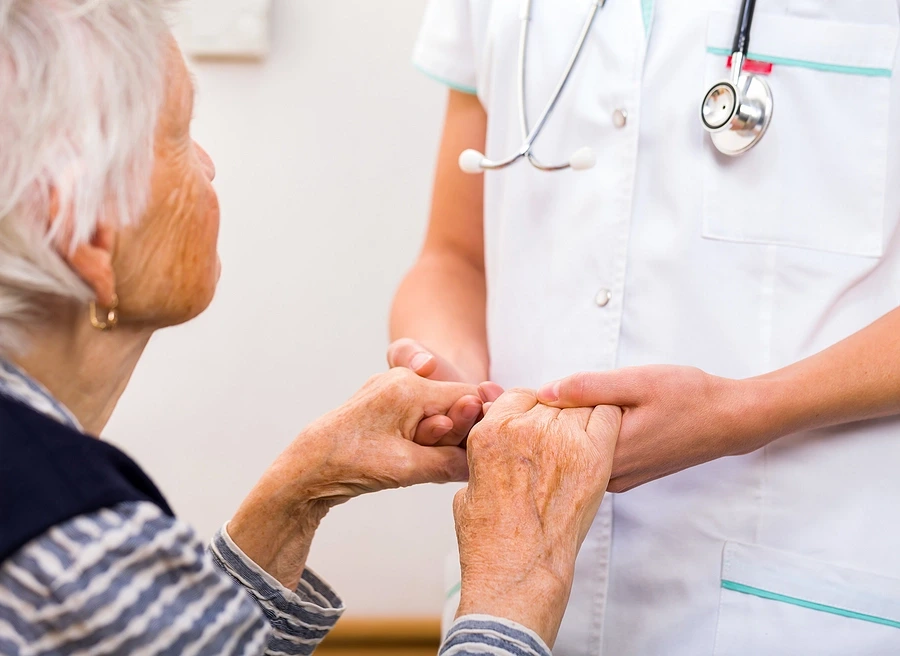Healthcare Abuse in South Carolina: Recognizing and Reporting Abuse

In any healthcare system, ensuring the safety and well-being of patients should be the top priority. Unfortunately, instances of healthcare negligence can occur, leaving patients vulnerable to harm. In South Carolina, recognizing and reporting healthcare negligence is essential for protecting patients and holding responsible parties accountable. This guide aims to educate individuals on how to identify healthcare negligence and take appropriate action to address it.
Understanding Healthcare Negligence
Healthcare negligence refers to actions or omissions by healthcare professionals that fall below the standard of care expected in the medical community, resulting in harm to patients. This can encompass a wide range of behaviors, including:
- Misdiagnosis or Delayed Diagnosis: Failing to accurately diagnose a medical condition or delaying diagnosis can lead to delayed treatment and worsened health outcomes for patients.
- Medication Errors: Administering the wrong medication, incorrect dosage, or failing to recognize harmful drug interactions can cause serious harm to patients.
- Surgical Errors: Mistakes made during surgery, such as operating on the wrong site or leaving surgical instruments inside the body, can result in significant harm to patients.
- Neglect or Abuse: Neglecting patients’ basic needs or subjecting them to physical, emotional, or sexual abuse constitutes healthcare negligence and is a serious violation of patients’ rights.
Recognizing Signs of Healthcare Negligence
Recognizing signs of healthcare negligence is crucial for protecting patients and preventing further harm. Some common indicators of healthcare negligence include:
- Unexplained Injuries: Patients may experience unexplained injuries, such as bruises, fractures, or bedsores, which could indicate neglect or abuse.
- Worsening Health Condition: If a patient’s health condition deteriorates unexpectedly or fails to improve despite treatment, it may be a sign of misdiagnosis or inadequate medical care.
- Medication Errors: Patients may experience adverse reactions to medications or fail to see improvement in their condition due to medication errors.
- Lack of Communication: Poor communication between healthcare providers and patients, as well as failure to provide adequate information about treatment options, can indicate negligence.
Reporting Healthcare Negligence
If you suspect healthcare negligence, it is essential to take action to protect yourself or your loved ones and prevent further harm. Steps to take include:
- Documenting Evidence: Keep detailed records of any incidents or observations that suggest healthcare negligence, including dates, times, and descriptions of what occurred.
- Reporting to Authorities: Report suspected healthcare negligence to the appropriate authorities, such as state medical boards, licensing agencies, or healthcare facility administrators.
- Seeking Legal Advice: Consult with a qualified medical malpractice attorney who can evaluate your case, advise you on your rights, and help you pursue legal action if necessary.
Conclusion
Healthcare negligence is a serious issue that can have devastating consequences for patients and their families. By recognizing the signs of healthcare negligence and taking appropriate action to report and address it, individuals can help protect themselves and others from harm. If you believe you or a loved one has been a victim of healthcare negligence in South Carolina, don’t hesitate to seek assistance from a knowledgeable medical malpractice attorney who can help you navigate the legal process and seek justice for your injuries.

